News & Events
Latest news
Record-breaking laser pulses

Researchers at ETH Zurich have developed a laser that produces the strongest ultra-short laser pulses to date. In the future, such high power pulses could be used for precision measurements or materials processing.
A common ground for physics laboratory technicians

Physics laboratory technicians from the industry and public research sectors have been attending external training courses in the Department of Physics for a decade.
A noisy, intermediate-scale and fun quantum endeavour
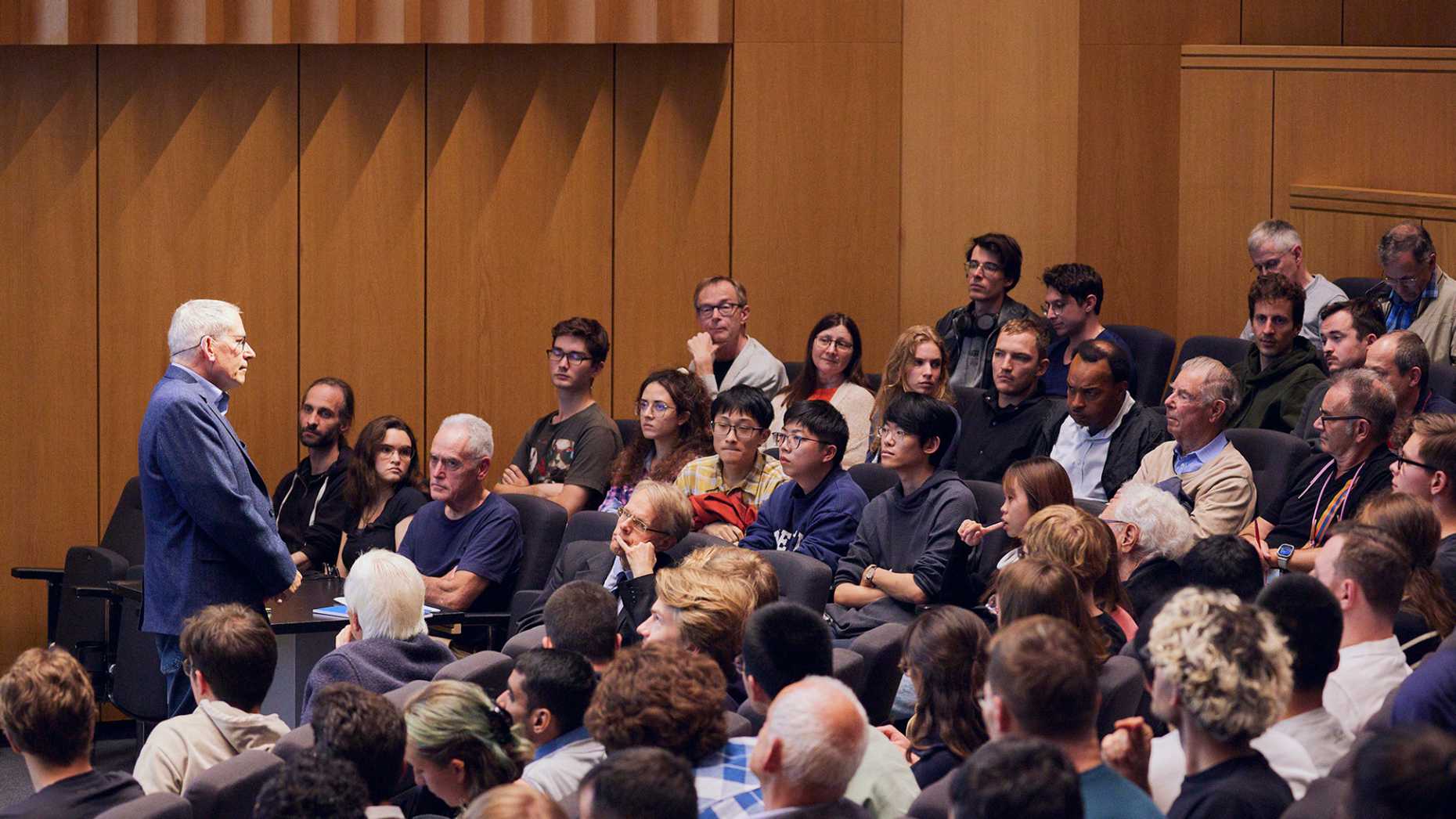
For this year's Wolfgang Pauli Lecture, John Preskill offered a crash course on quantum information science, from entanglement to error correction for quantum computing.
Exploring the fascinating science behind cooking

Thomas Michaels, ETH Zurich Professor of Soft and Living Matter Physics, launches the ETH show series "Cook the Science". Together with well-known chefs and food producers, he will present the fascinating science behind cooking, from the basic physical and chemical properties of food to how these change during cooking.
Fifteen professors appointed

At its meeting of 18 and 19 September 2024 and upon application of Joël Mesot, President of ETH Zurich, the ETH Board appointed fifteen professors. The Board also awarded the title of "Professor of Practice" once.
Measuring risk
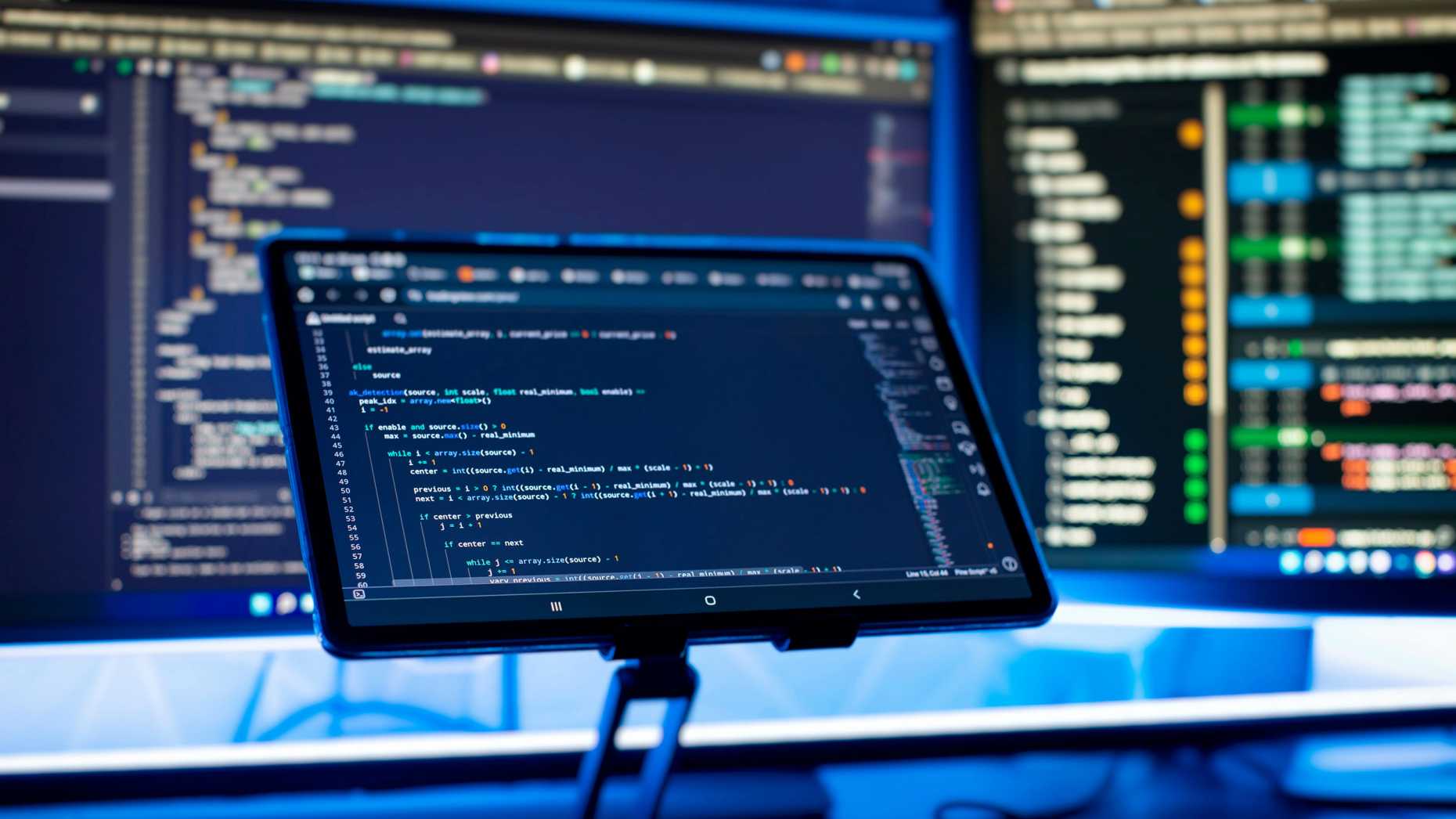
An interview with D-PHYS alumnus Dr Szymon Hennel, formerly risk model developer at UBS.
Quantum path
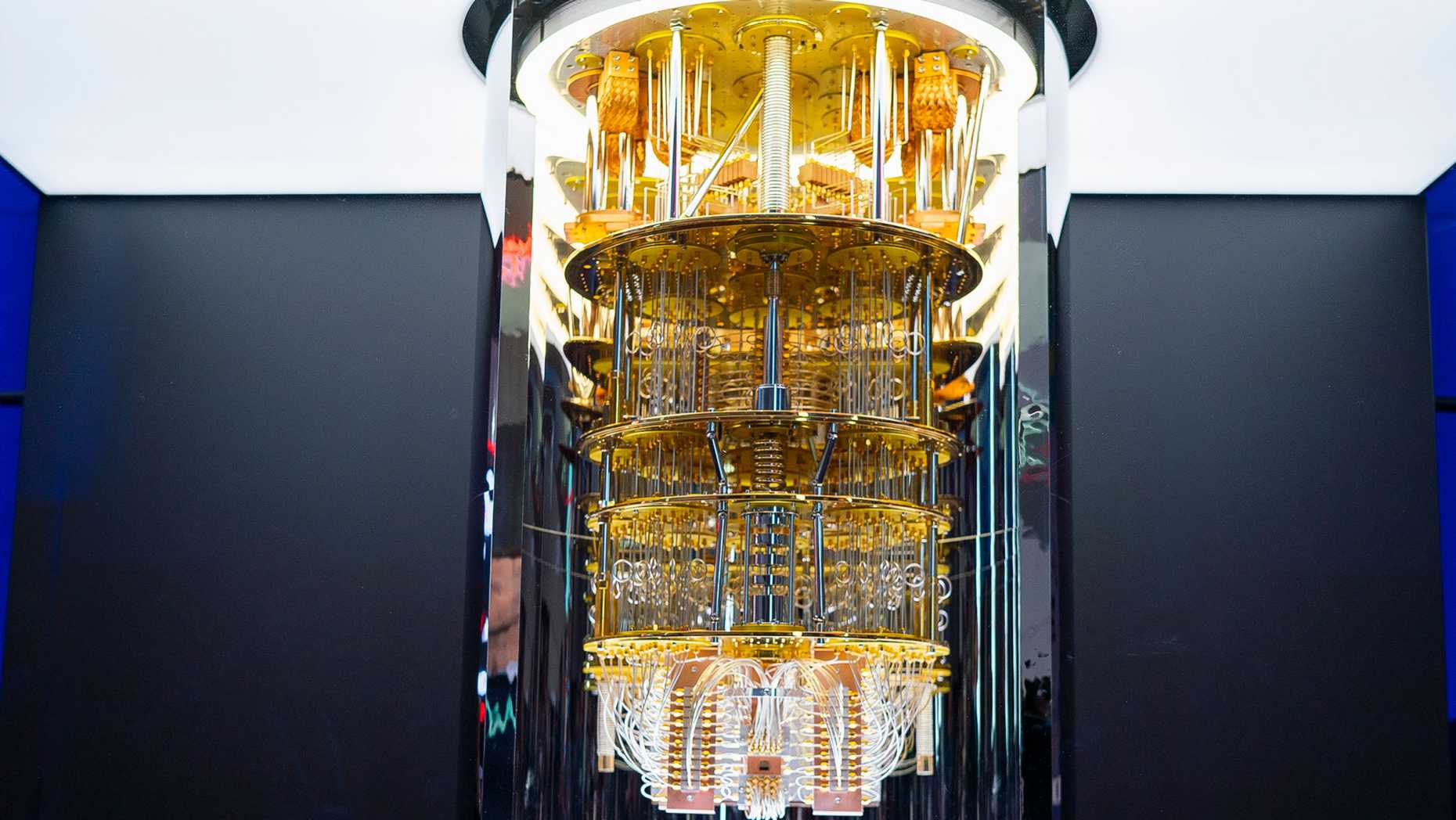
An interview with D-PHYS alumna Dr Elisa Bäumer, Research Scientist at IBM Zurich.
Combing through air with light
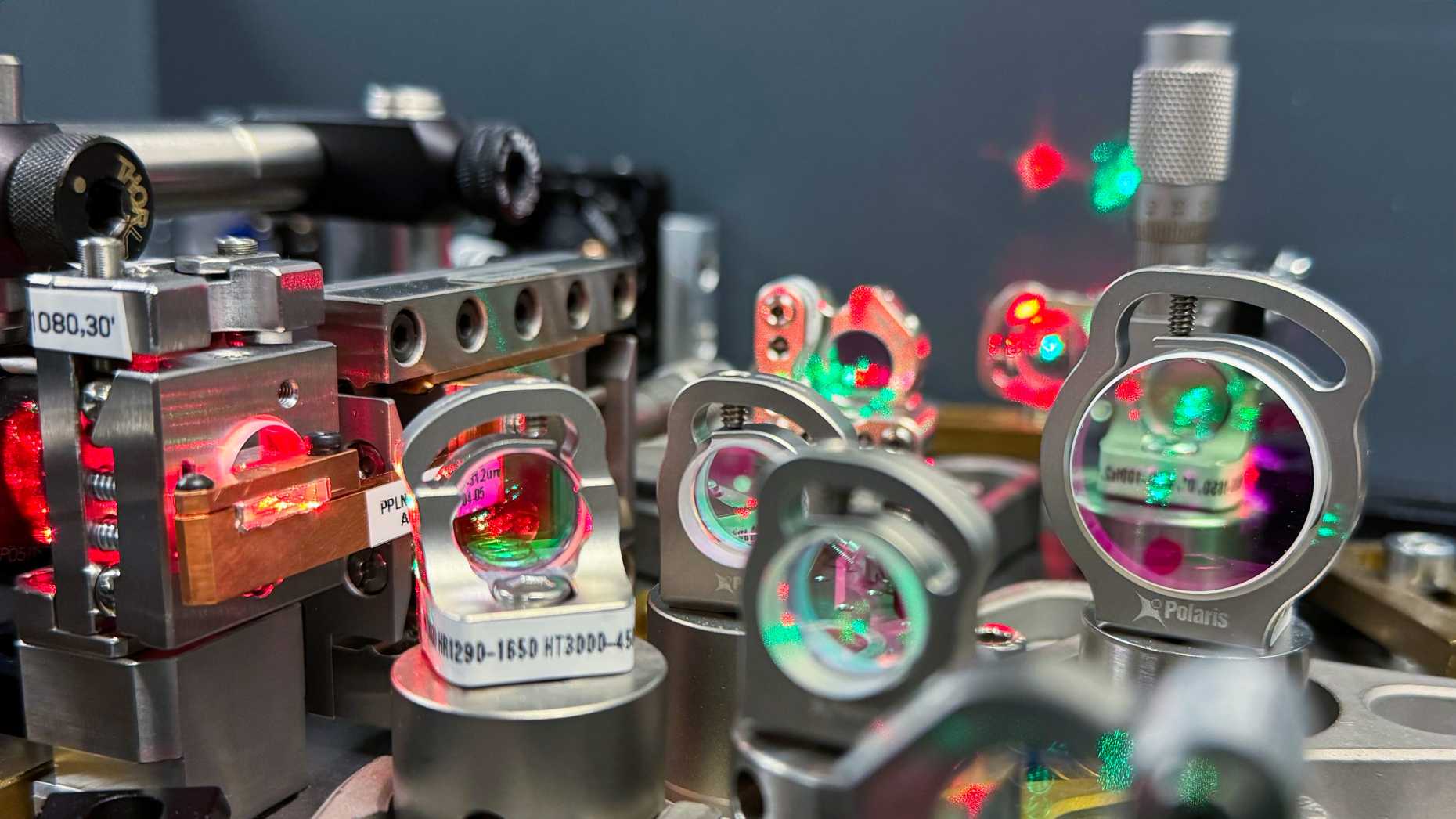
Researchers in the Institute for Quantum Electronics have developed a special dual-comb spectrometer, which relies on a new detection method, to analyse gaseous samples with high sensitivity.
Planets contain more water than thought

Most of a planet’s water is generally not on its surface but hidden deep in its interior. This affects the potential habitability of distant worlds, as shown by model calculations of researchers at ETH Zurich and Princeton University.
Calculating the route

An interview with D-PHYS alumnus Pierre Leroy-Calatayud, Software Engineer at SBB.
A week with Nobel laureates
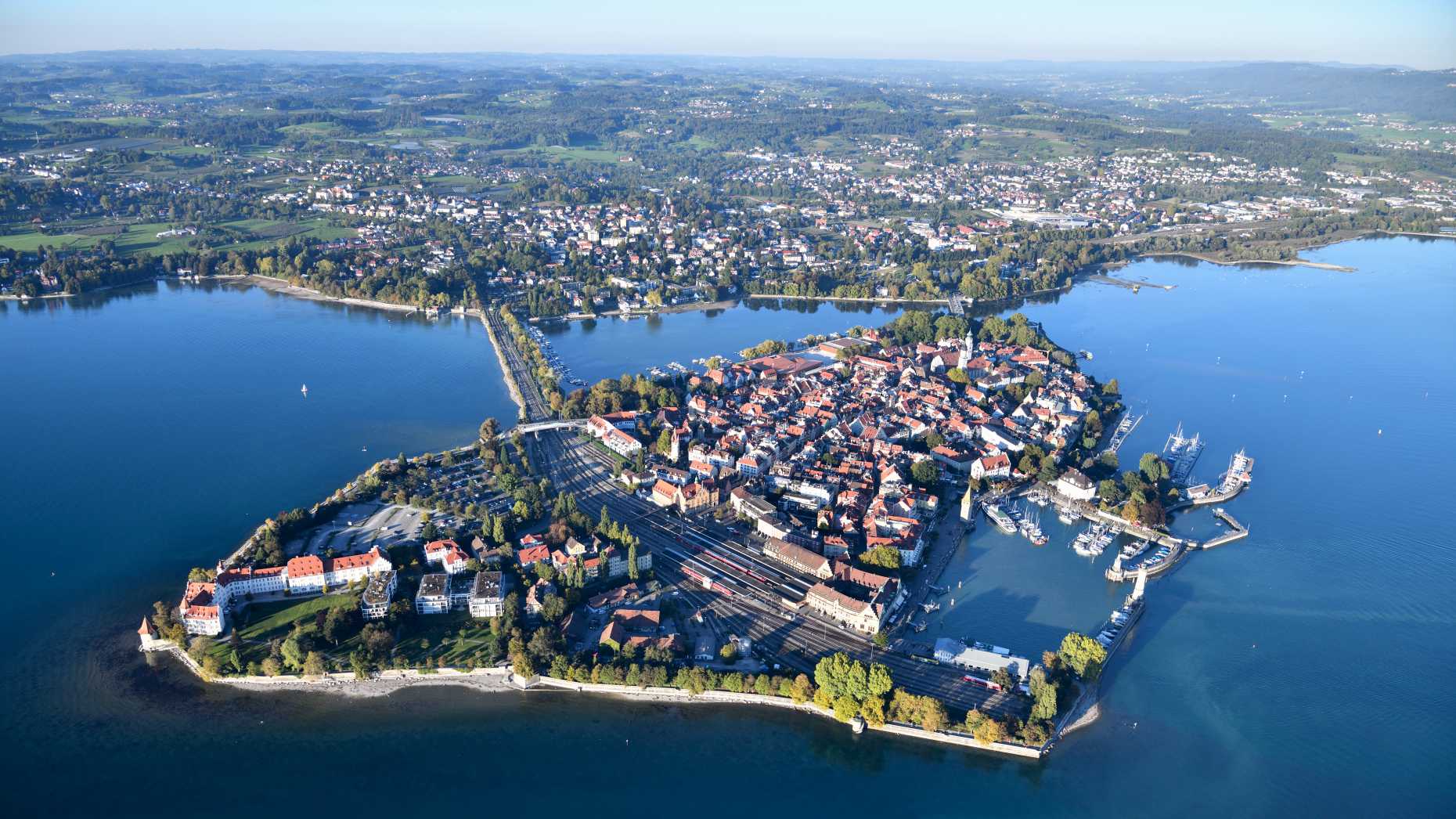
The Lindau Nobel Laureate Meetings in Physics stand as an enriching experience for established and early-career scientists alike.
For the sake of invention
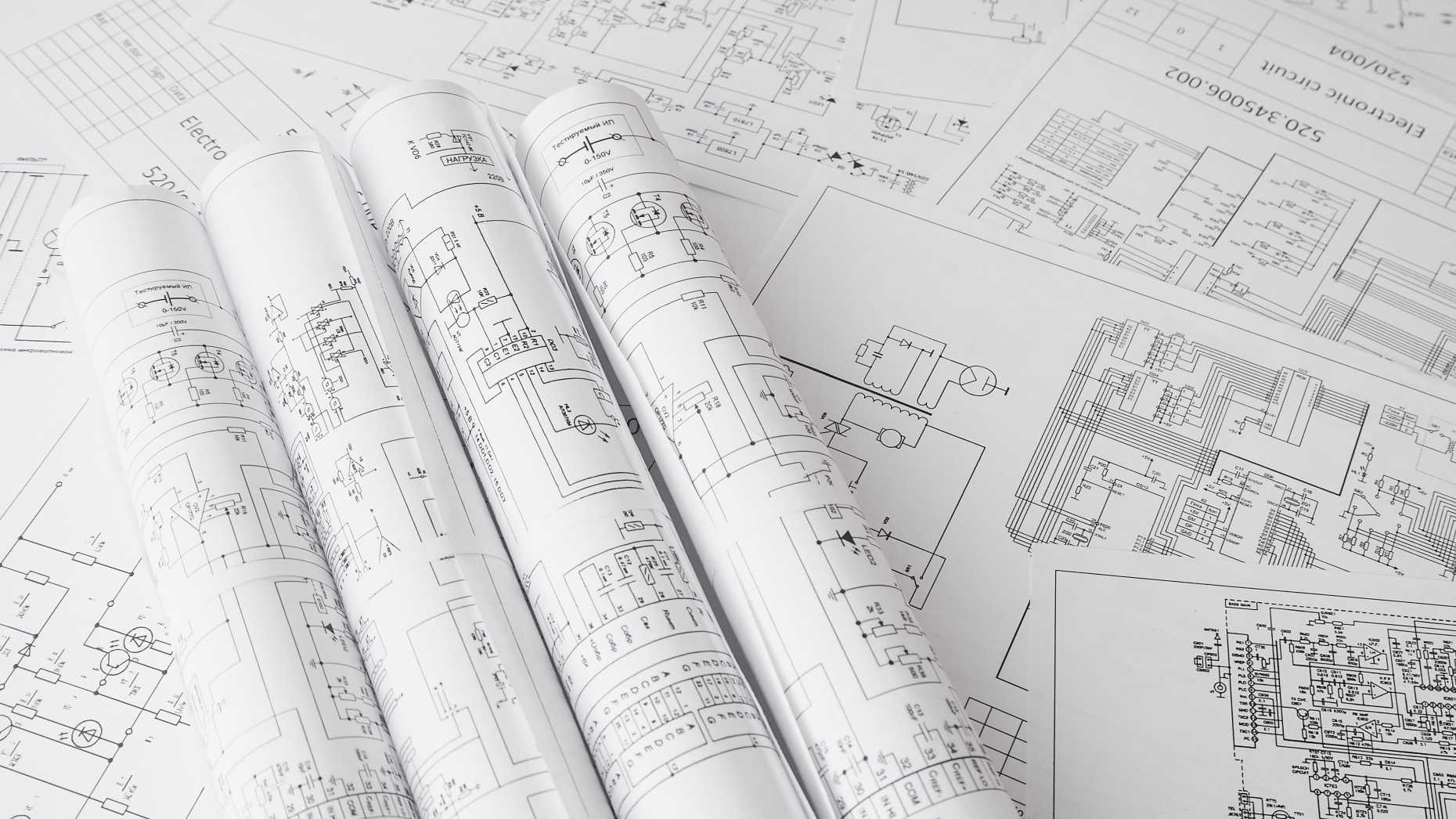
An interview with D-PHYS alumna Elisa Wall, Patent Engineer at Rentsch Partner.
The many facets of nuclear safety
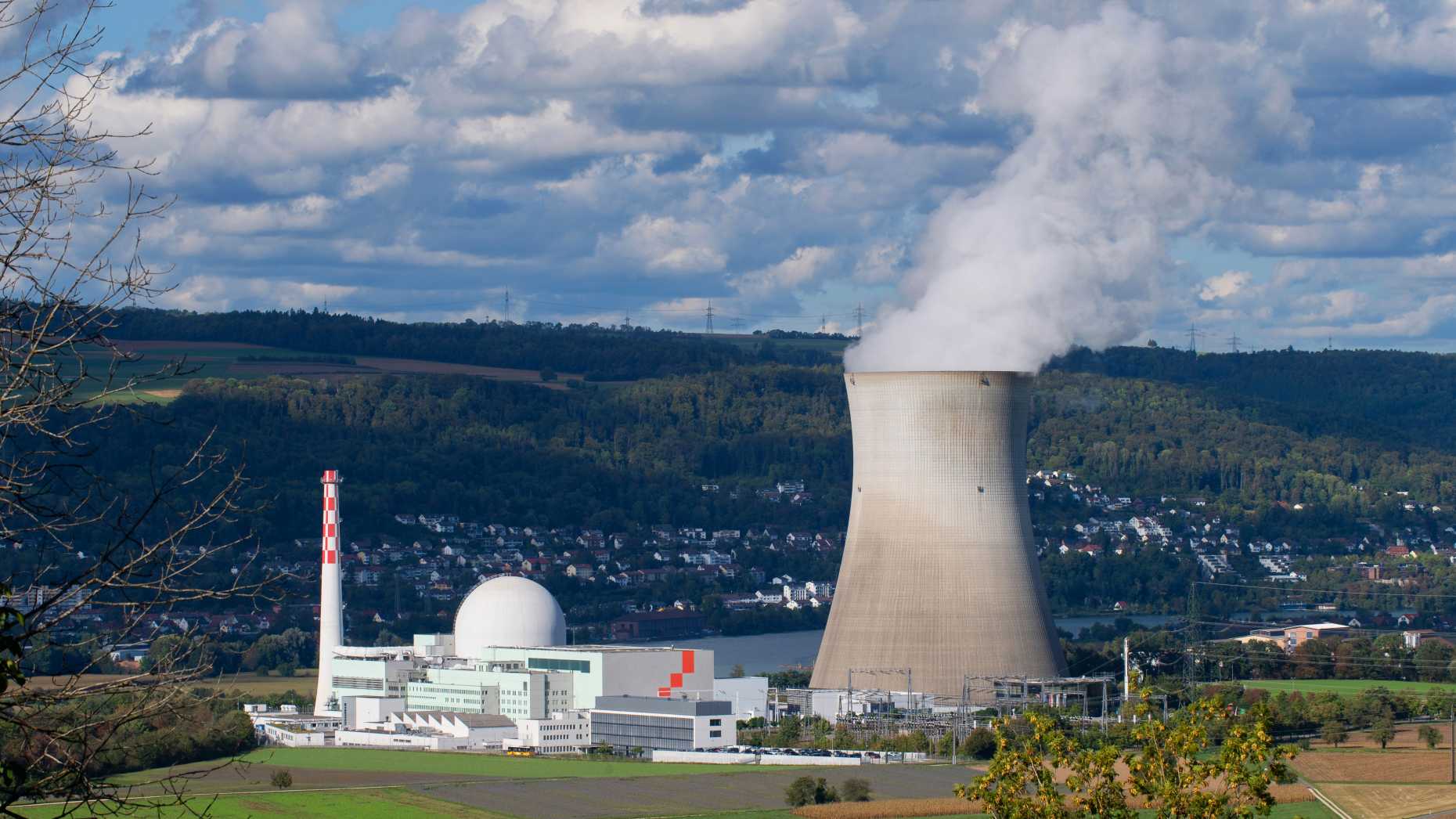
An interview with D-PHYS alumna Luana Hafner, Specialist in radiological protection at the Swiss Federal Nuclear Safety Inspectorate.
The marvels of light
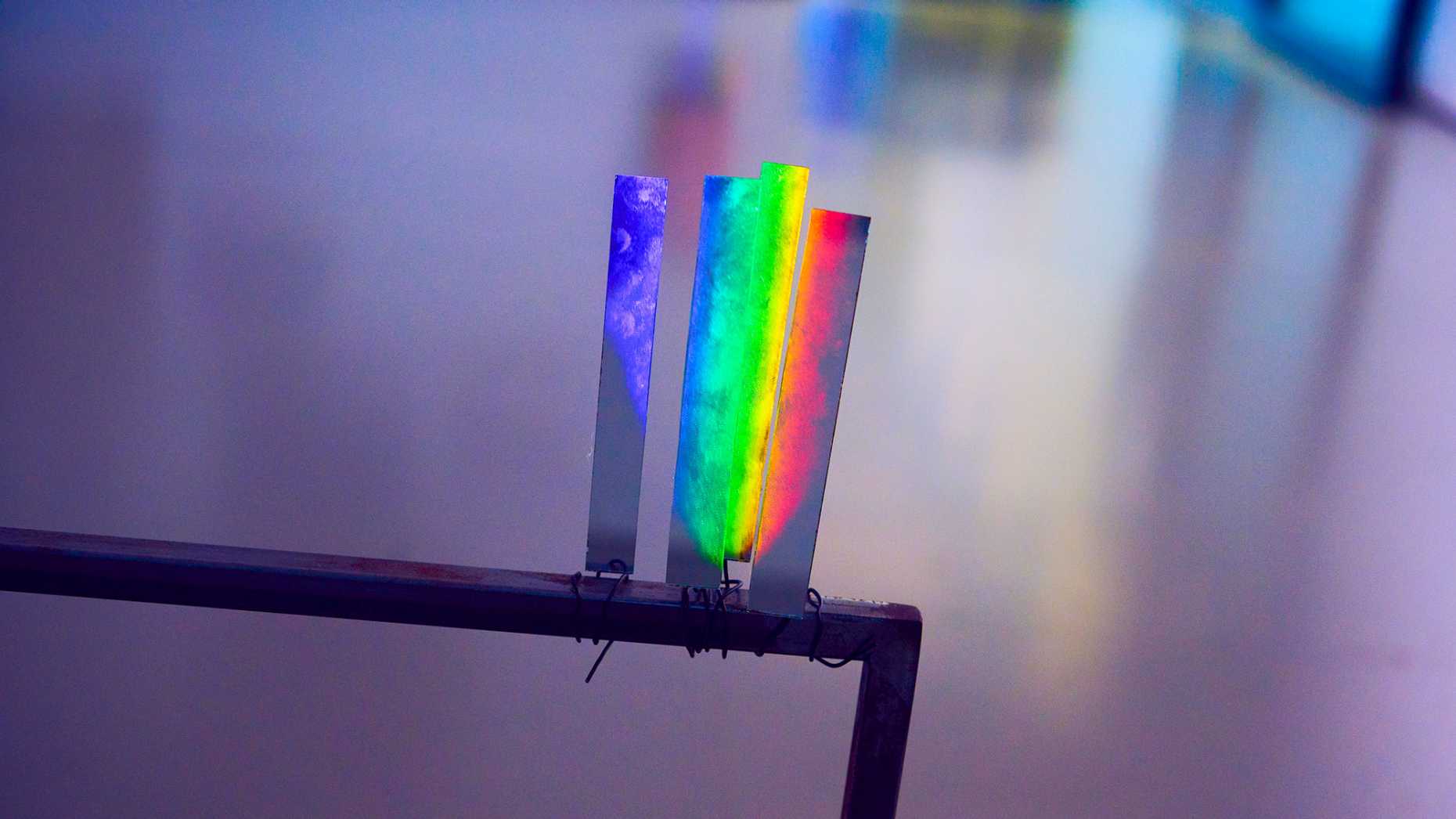
A course offered to D-ARCH and D-PHYS students fosters a space and time for interdisciplinary discourse around electromagnetic radiation.
Six professors appointed

At its meeting of 11 and 12 July 2024 and upon application of Joël Mesot, President of ETH Zurich, the ETH Board appointed six professors. The Board also awarded the title of "Professor" two times and the title of "Professor of Practice" once.
Nonlinearity makes photonic neural networks smarter
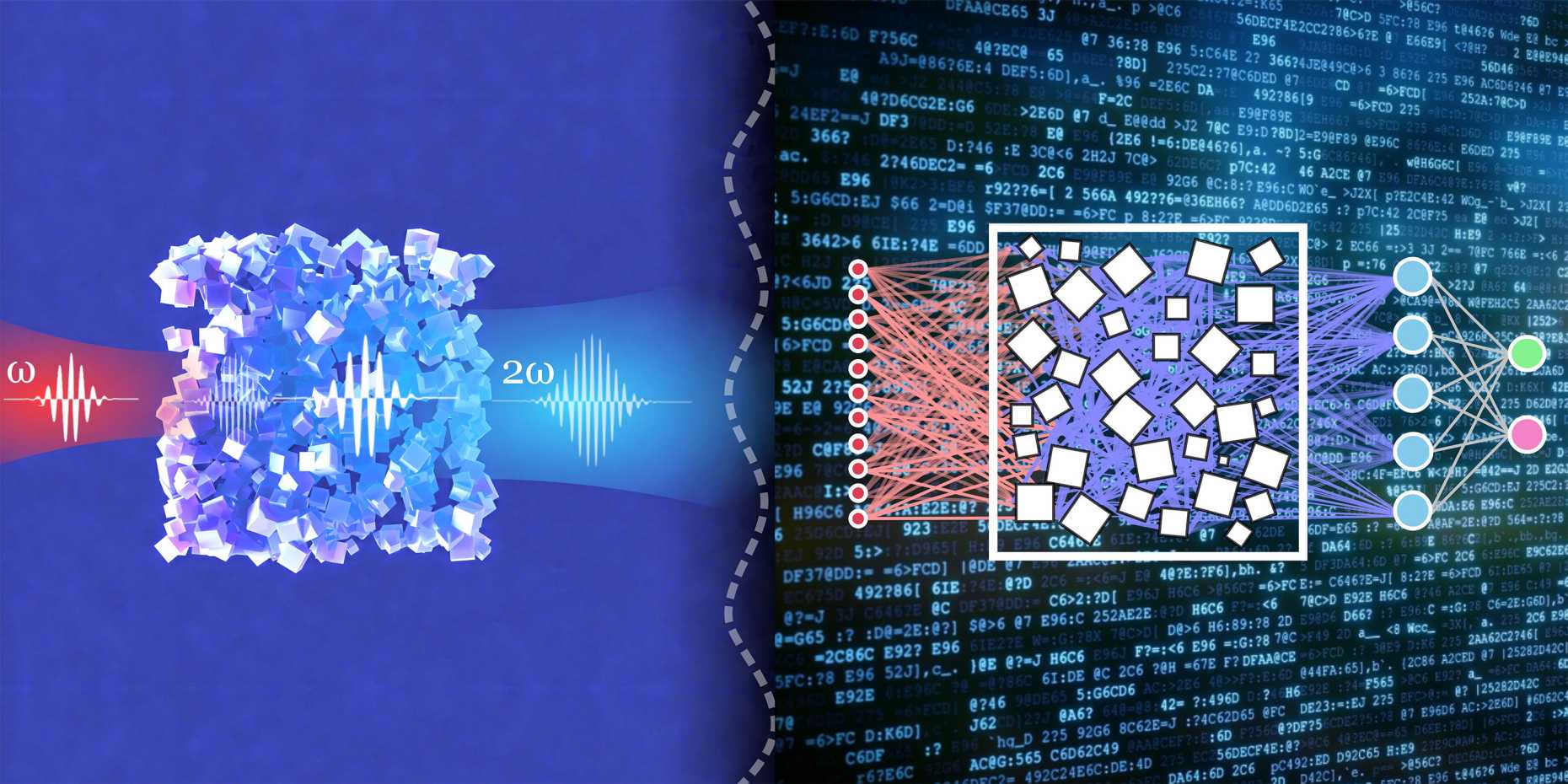
Researchers in the Institute for Quantum Electronics have produced the core processing unit of a photonic neural network in which optical nonlinearity plays a key role in making the network more powerful.
When greenhouse gases are useful
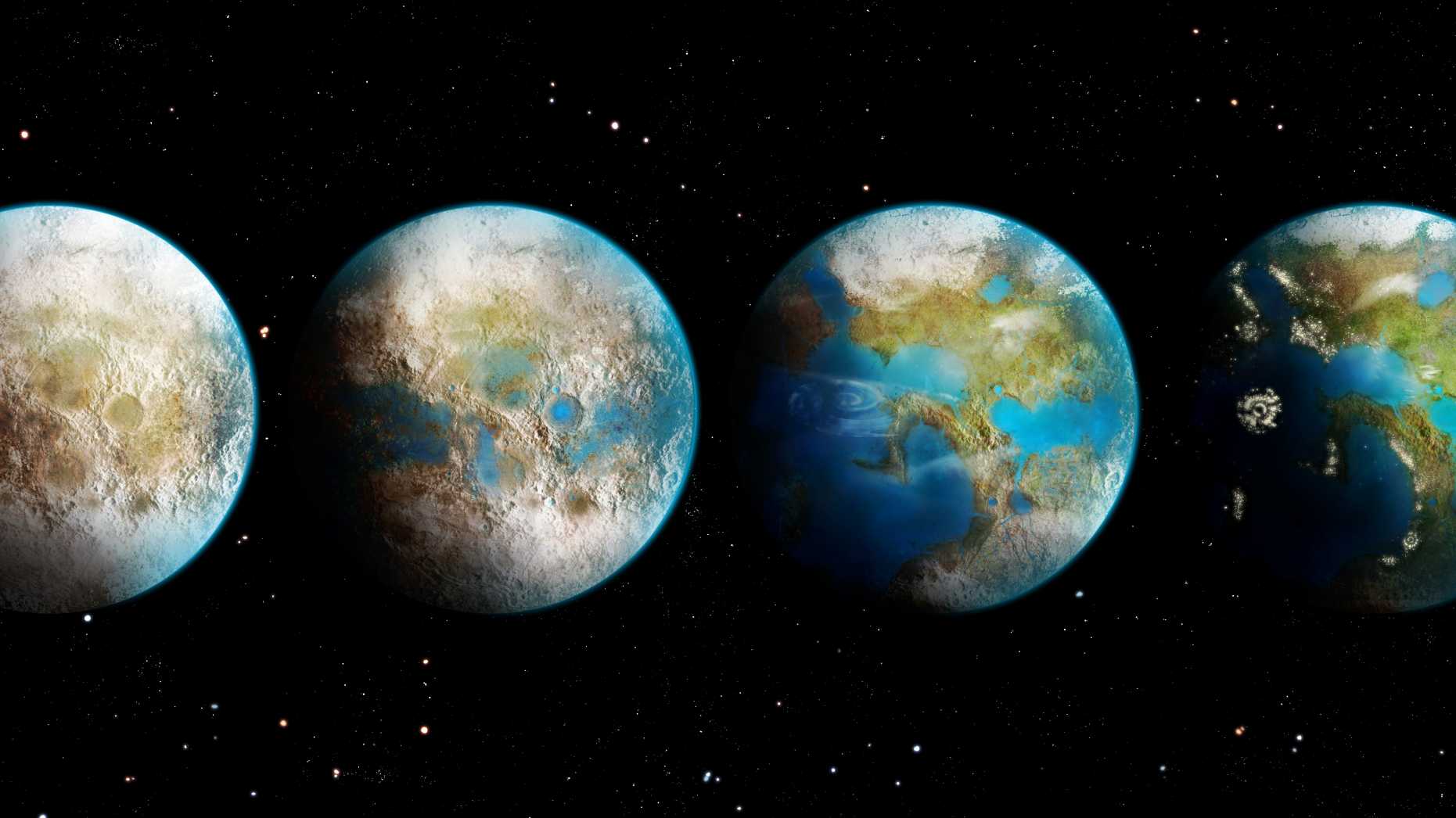
Researchers showed that current and planned instrumentation can detect technosignatures in the form of artificial greenhouse gases in exoplanetary atmospheres.
Graduation ceremony 2024

It's time to celebrate the new graduates of the Master's degree programmes in physics and high-energy physics from ETH Zurich.
A plunge into universality
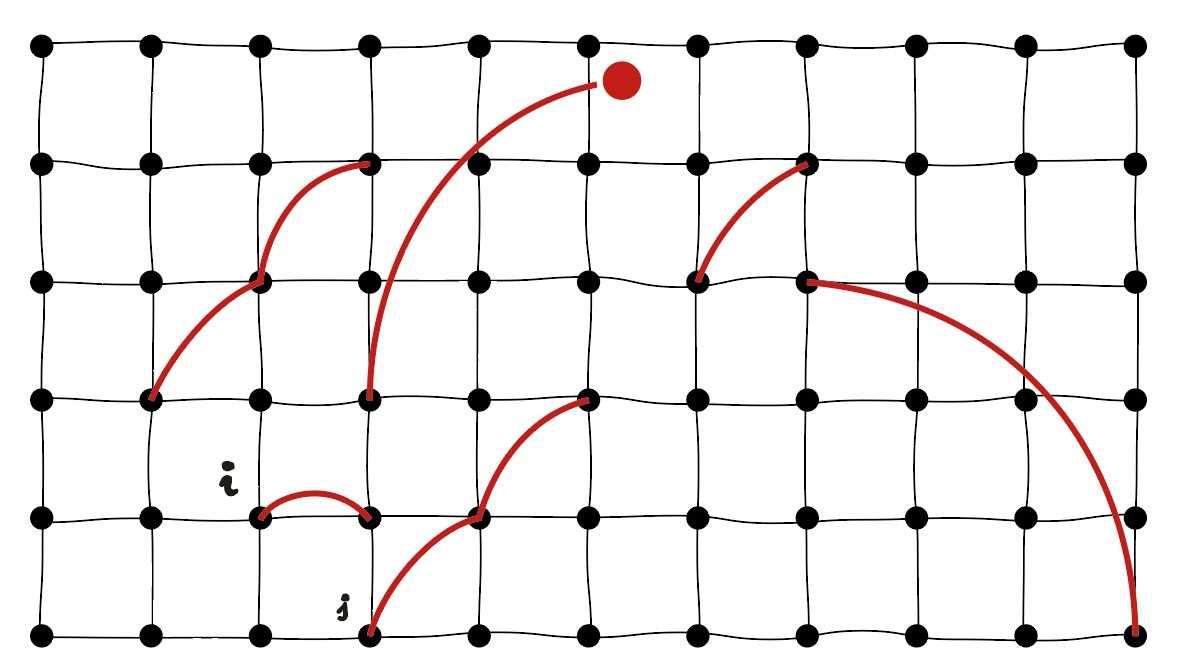
Recent research carried out in the Institute for Theoretical Physics investigated universal scaling in non-homogeneous lattice systems.
A meaningful trophy
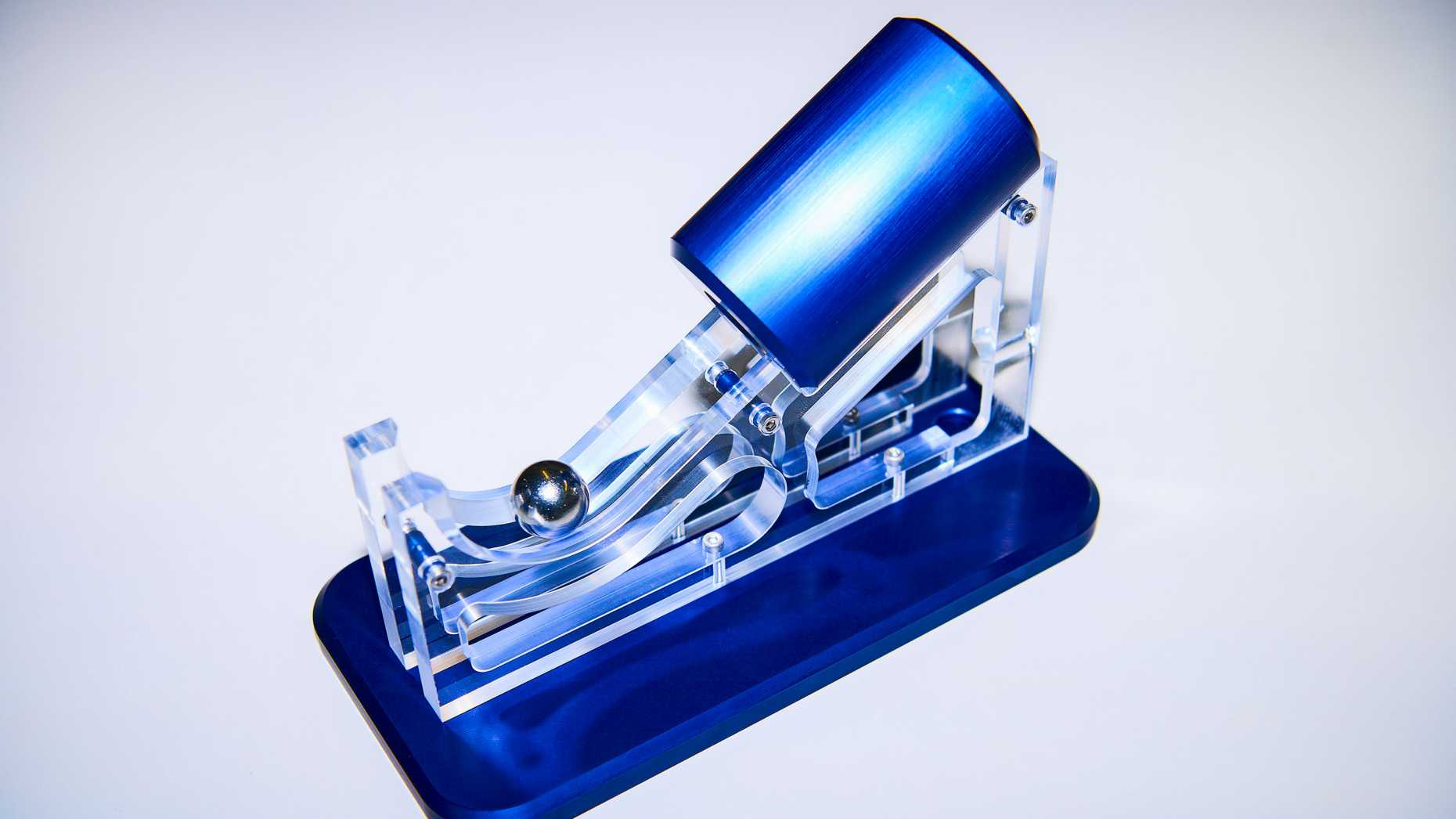
The trophy for the 2024 KITE Award was designed and realised by apprentices from the physics department. This project came from the winners of the last KITE Award.
Final design of ELT's METIS instrument completed

METIS is the first instrument of the Extremely Large Telescope to pass its final design review.
Learning quantum mechanics between intuition and formalism
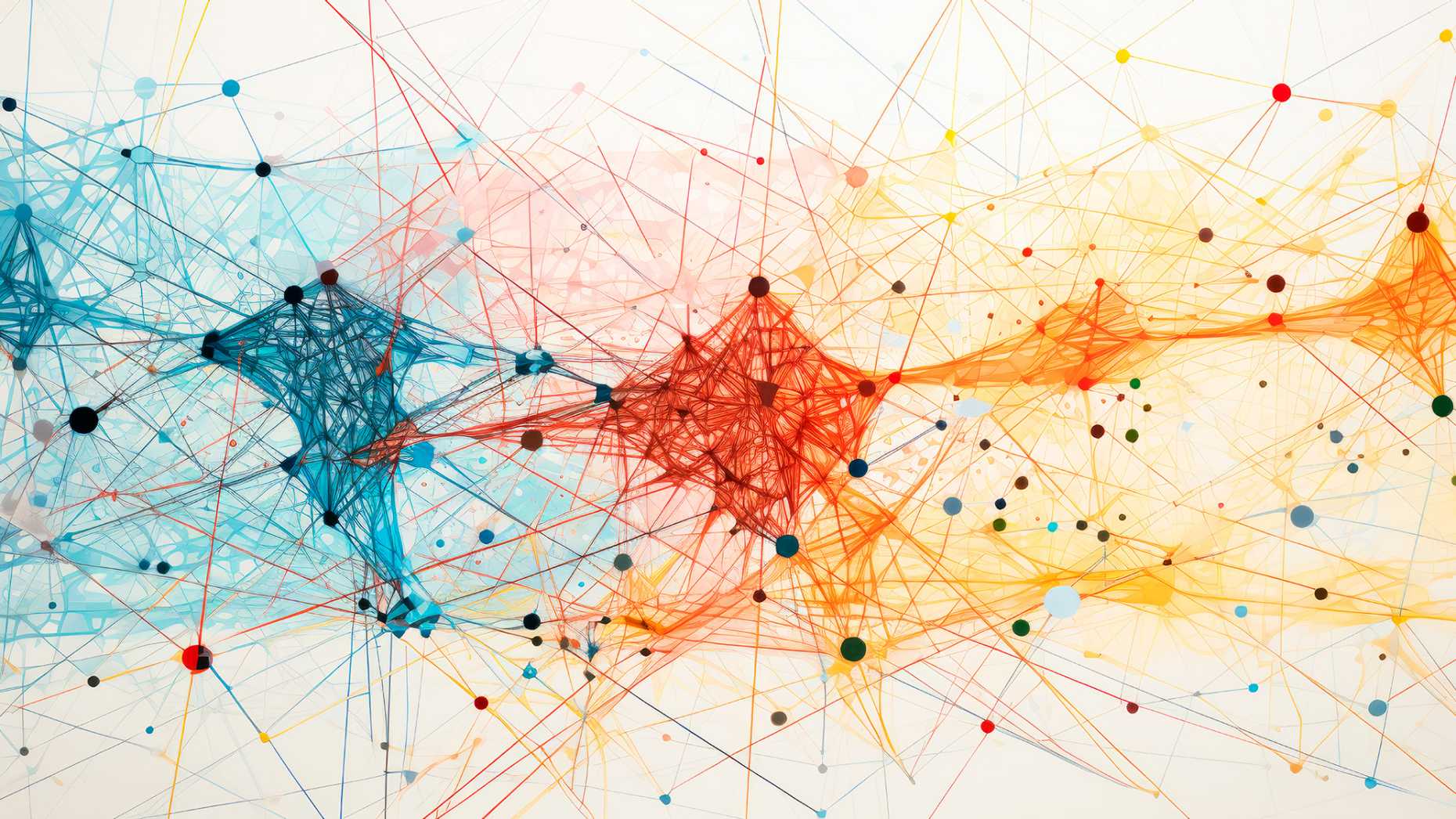
If there isn't a single way to teach quantum mechanics, there isn't one way of learning it either.
Electron vortices in graphene detected
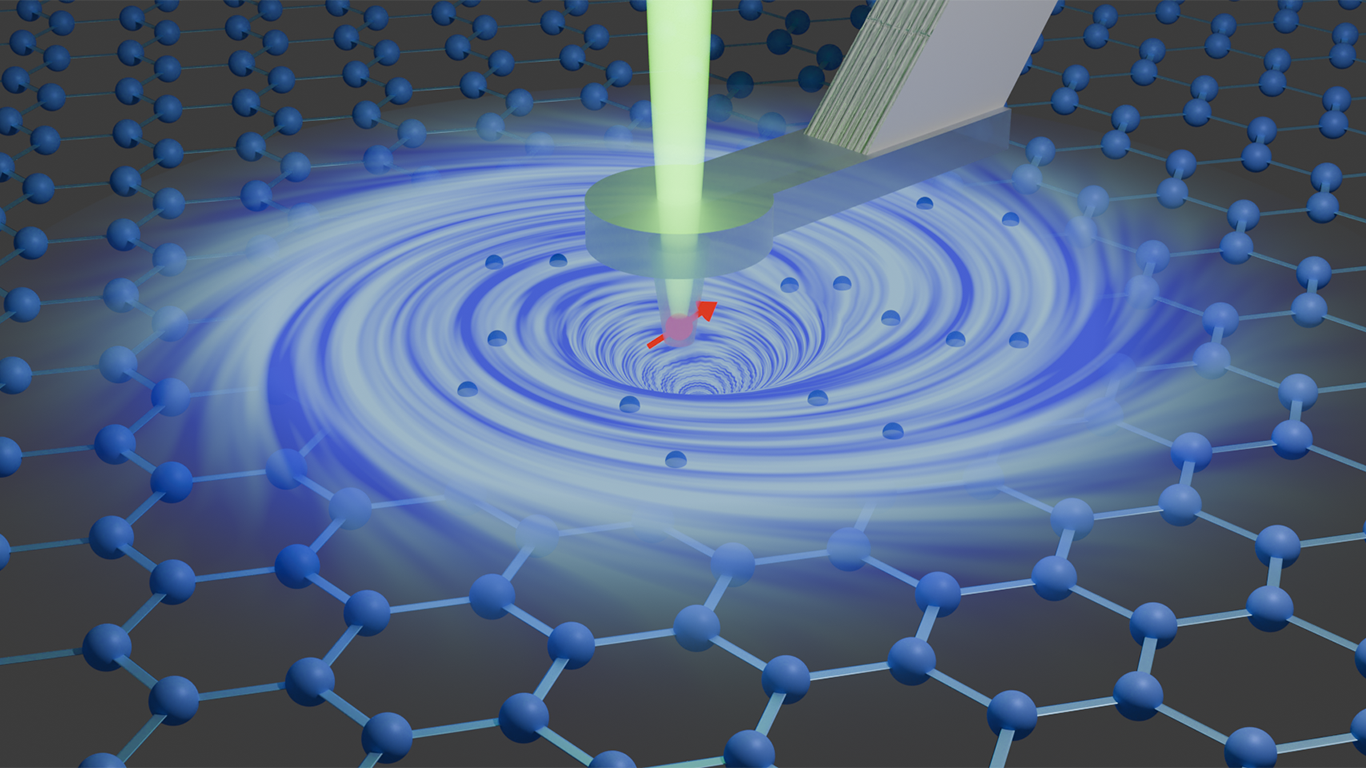
Researchers at ETH Zurich have, for the first time, made visible how electrons form vortices in a material at room temperature. Their experiment used a quantum sensing microscope with an extremely high resolution.
Solving physics puzzles with coloured dots
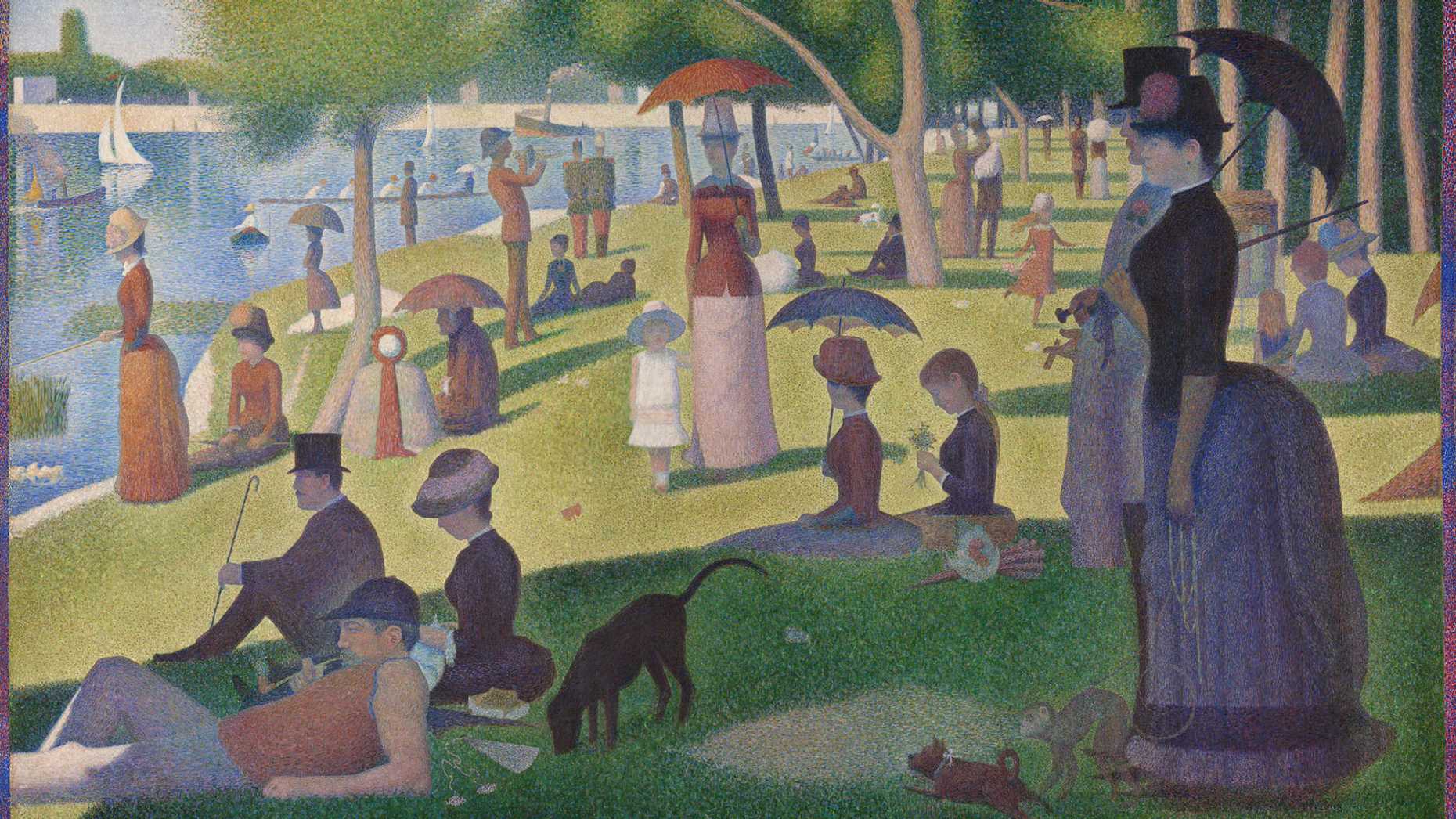
By analysing images made of coloured dots created by quantum simulators, ETH researchers have studied a special kind of magnetism. In the future this method could also be used to solve other physics puzzles, for instance in superconductivity.
Superfluid surprise
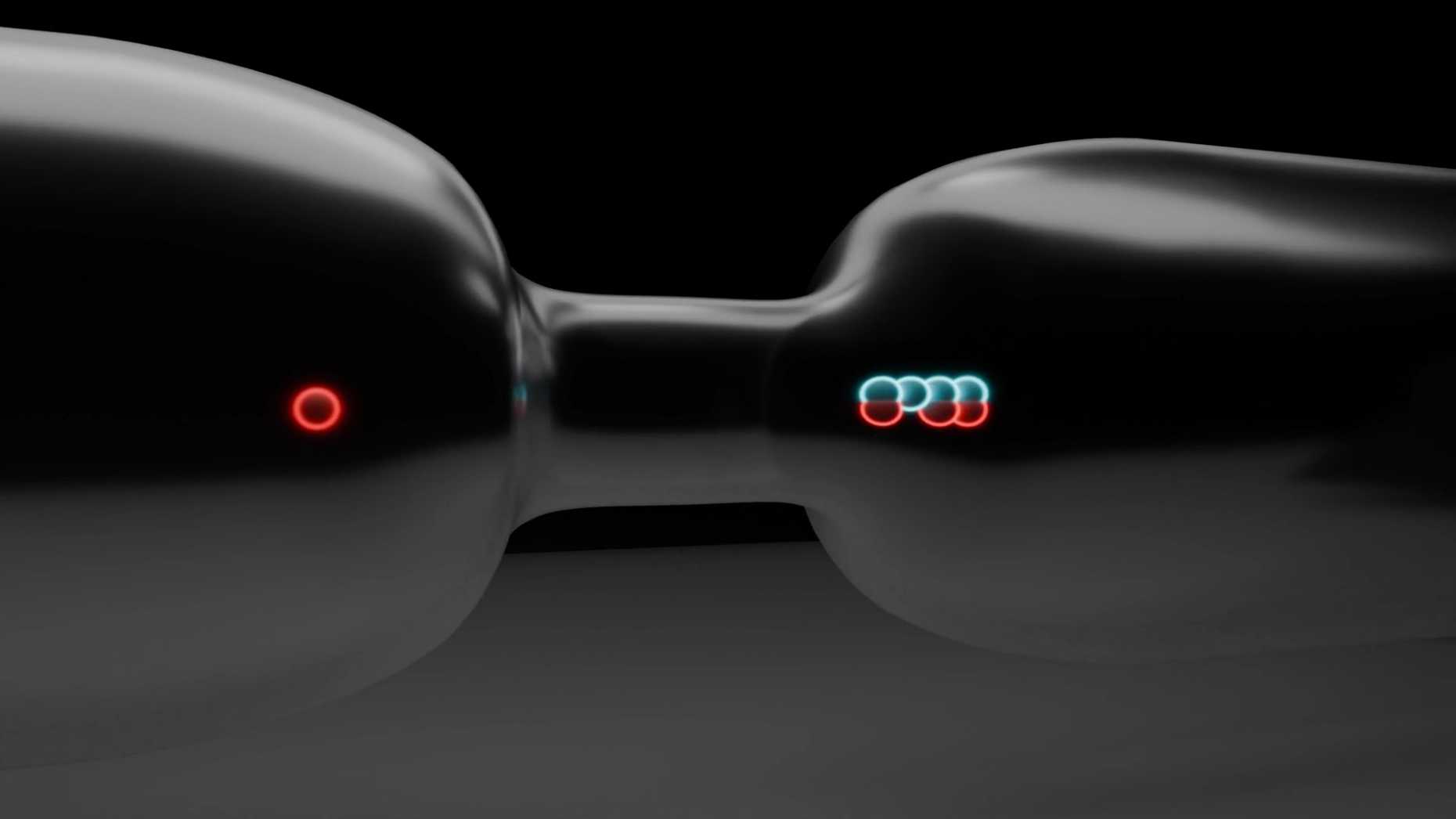
Researchers from the Institute for Quantum Electronics and the Quantum Center studied particle and entropy flows between two connected superfluid reservoirs and found unexpected evidence of irreversible and enhanced entropy transport.
Surprising reversal in quantum systems
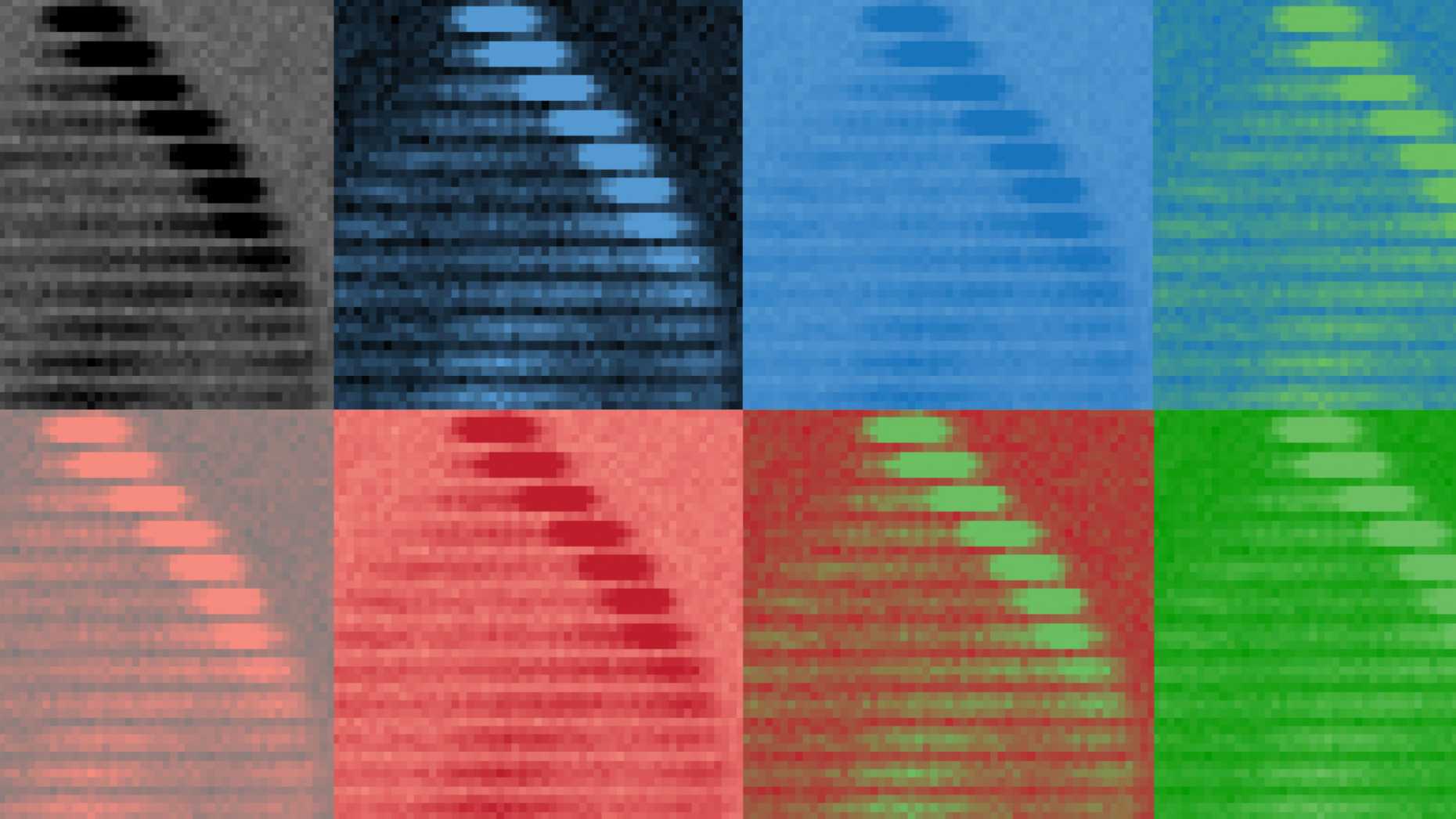
Researchers at ETH Zurich have studied topological effects in an artificial solid, making surprising observations. The new insights into topological pumping could be used for quantum technologies in the future.
A qubit regularisation of asymptotic freedom without fine tuning
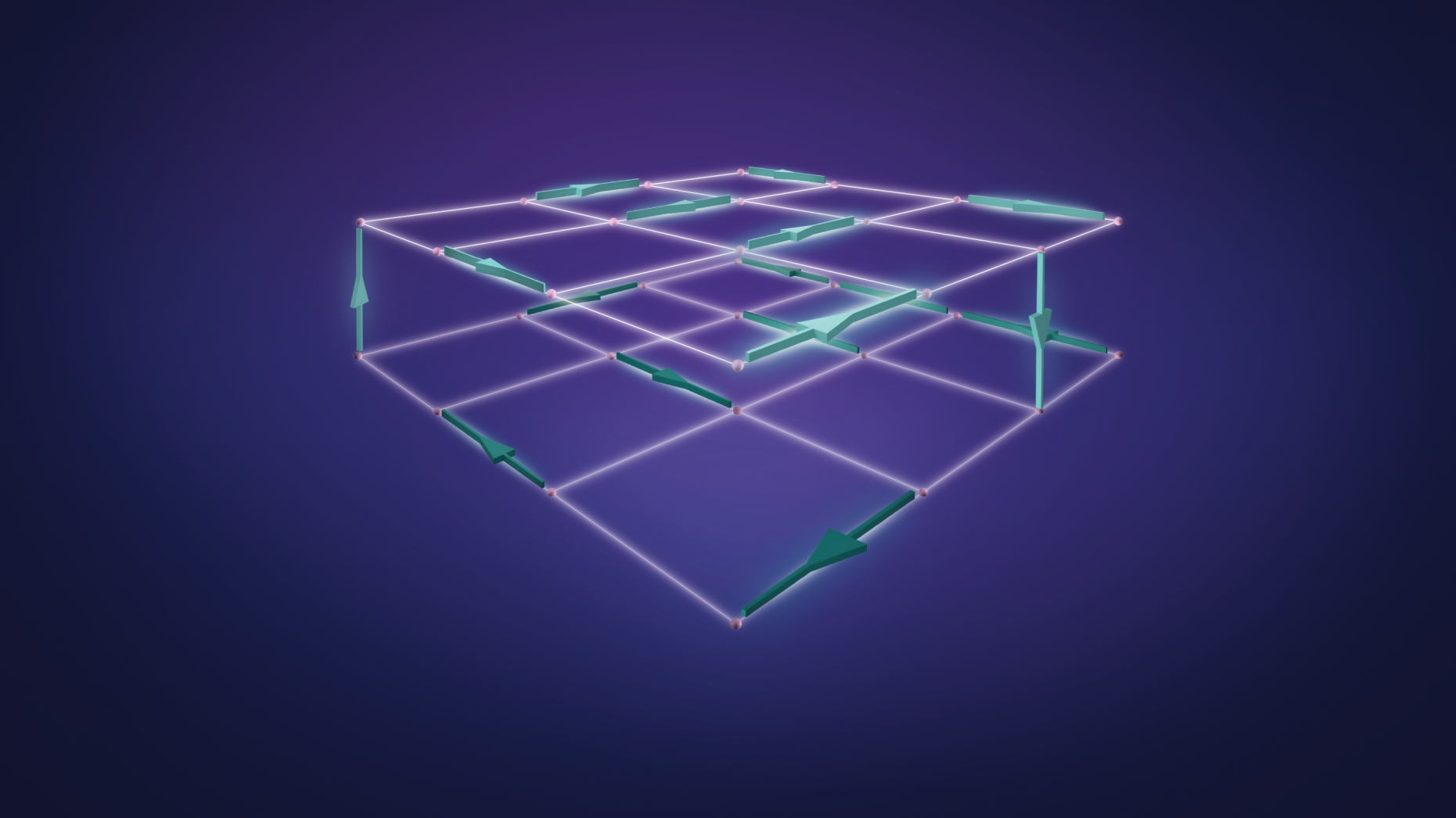
Marina Marinkovic works to understand more about the strong force that binds quarks and gluons into hadrons as described by quantum chromodynamics.
A recipe for scalable quantum dots
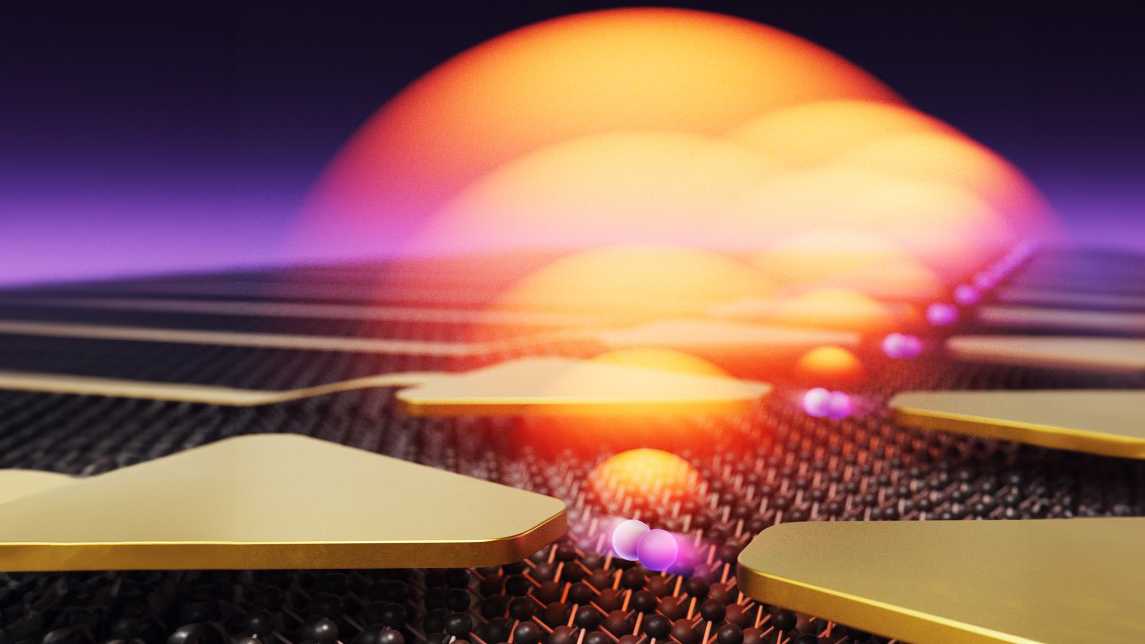
A team including researchers from the Department of Physics at ETH Zurich found a method for creating electrically defined quantum dots with the potential for long-sought tunability and scalability.
A new ion trap for larger quantum computers
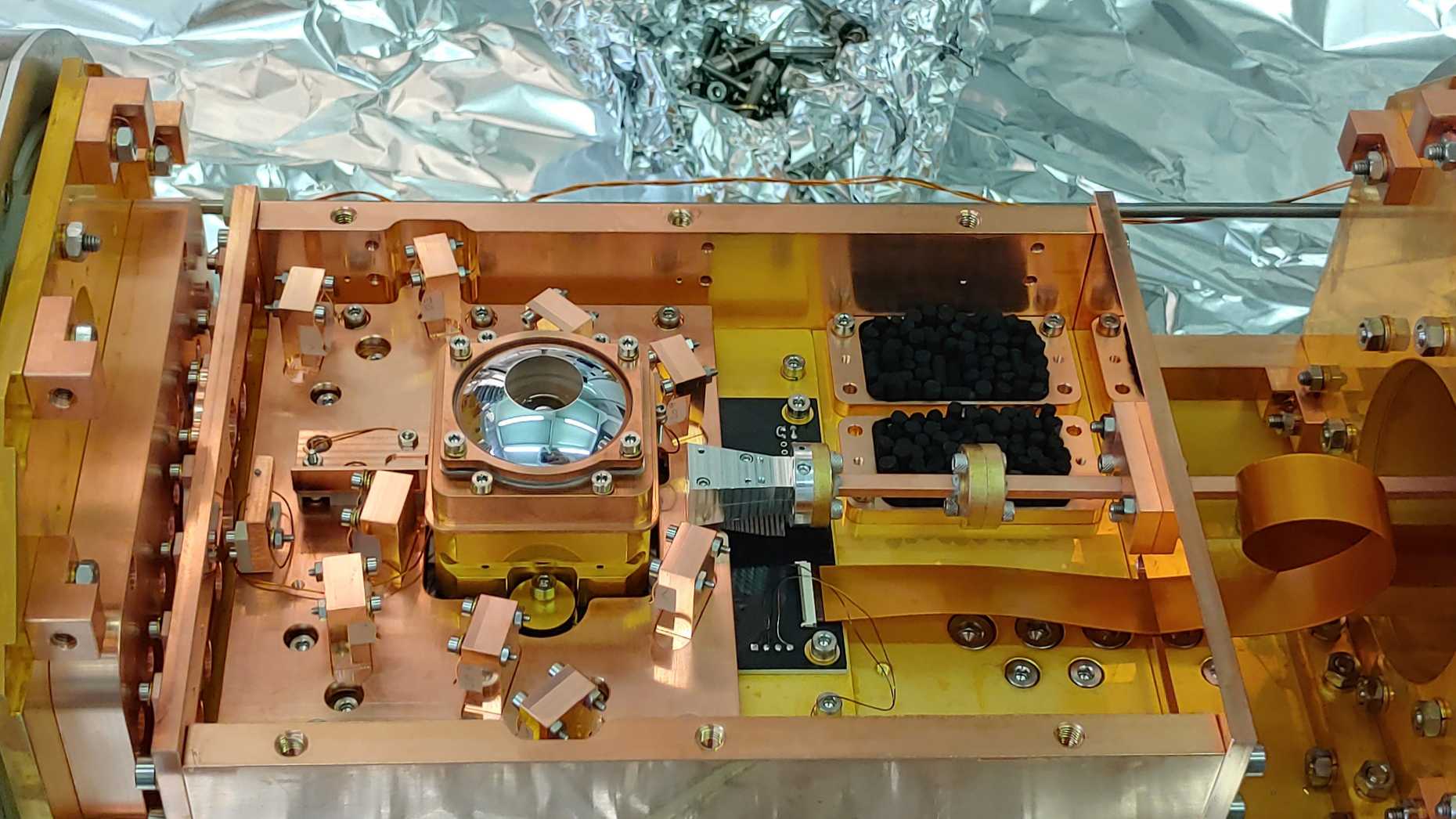
Researchers at ETH have managed to trap ions using static electric and magnetic fields and to perform quantum operations on them. In the future such traps could be used to realize quantum computers with far more quantum bits than have been possible up to now.
Triathlon medallist and ETH student: “A non-productive day is not the end of the world.”
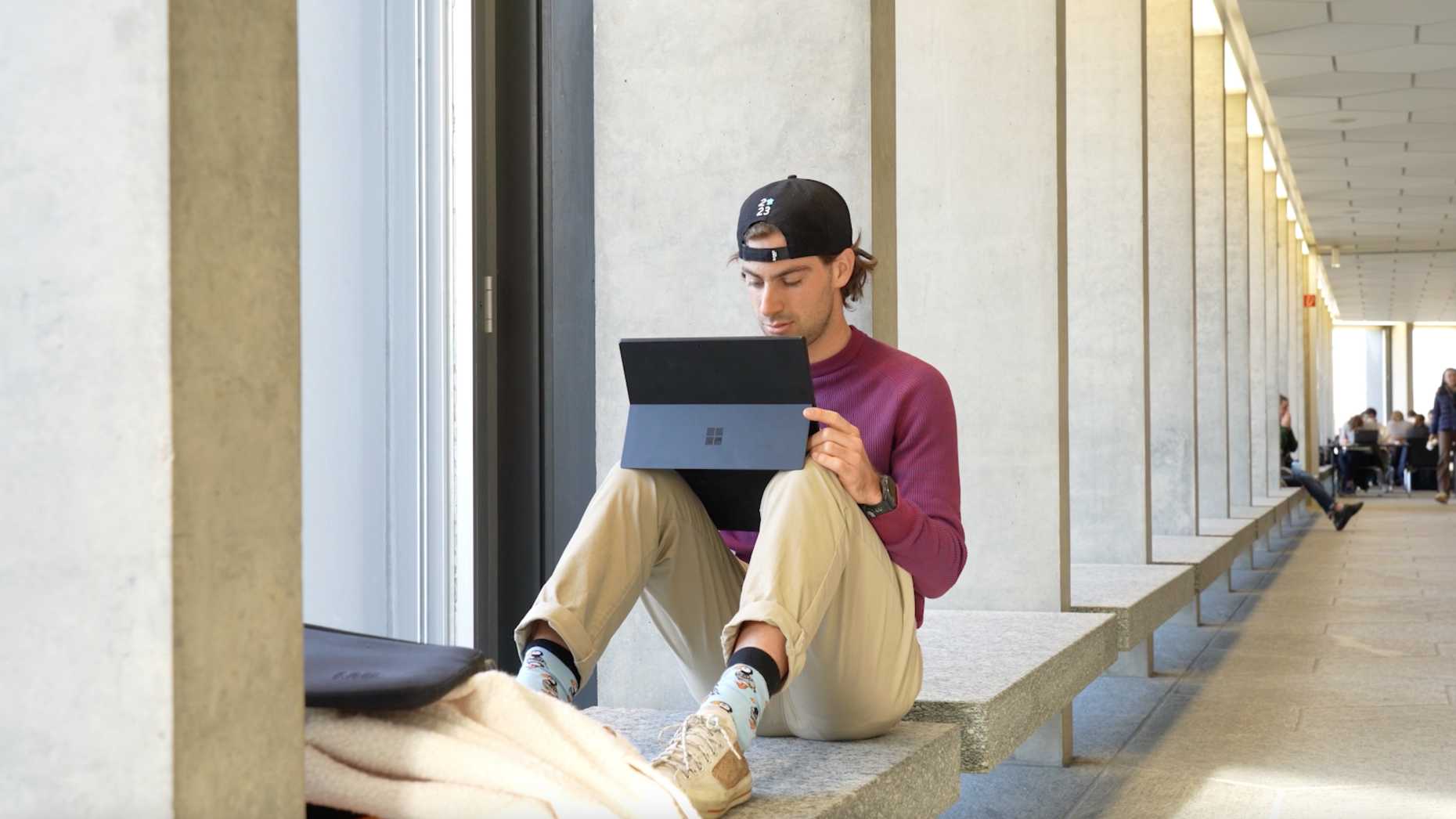
Studying at ETH Zurich is demanding, and all students have their own personal hurdles to overcome. This video series portrays ETH students.
How to fail productively
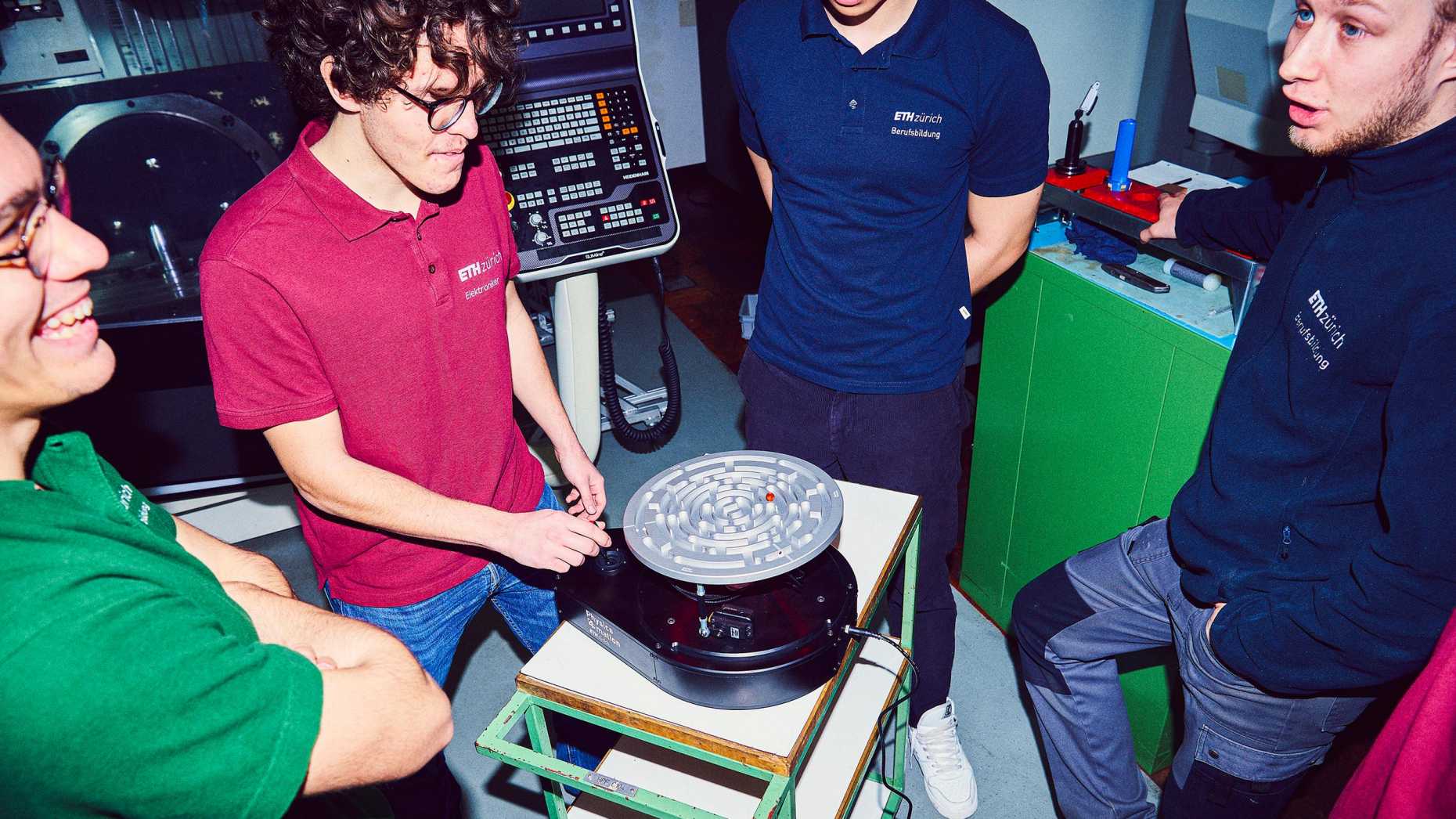
Apprentices from four different professional careers paths within the vocational training programme managed by the Department of Physics had to work in teams to build an interactive exhibition item in the Physics4mation pilot project. They learned how to collaborate with colleagues, carry out interdisciplinary work and handle failure. The Physics4mation project will now be part of the vocational training programme in the physics department.
If Earth were an exoplanet
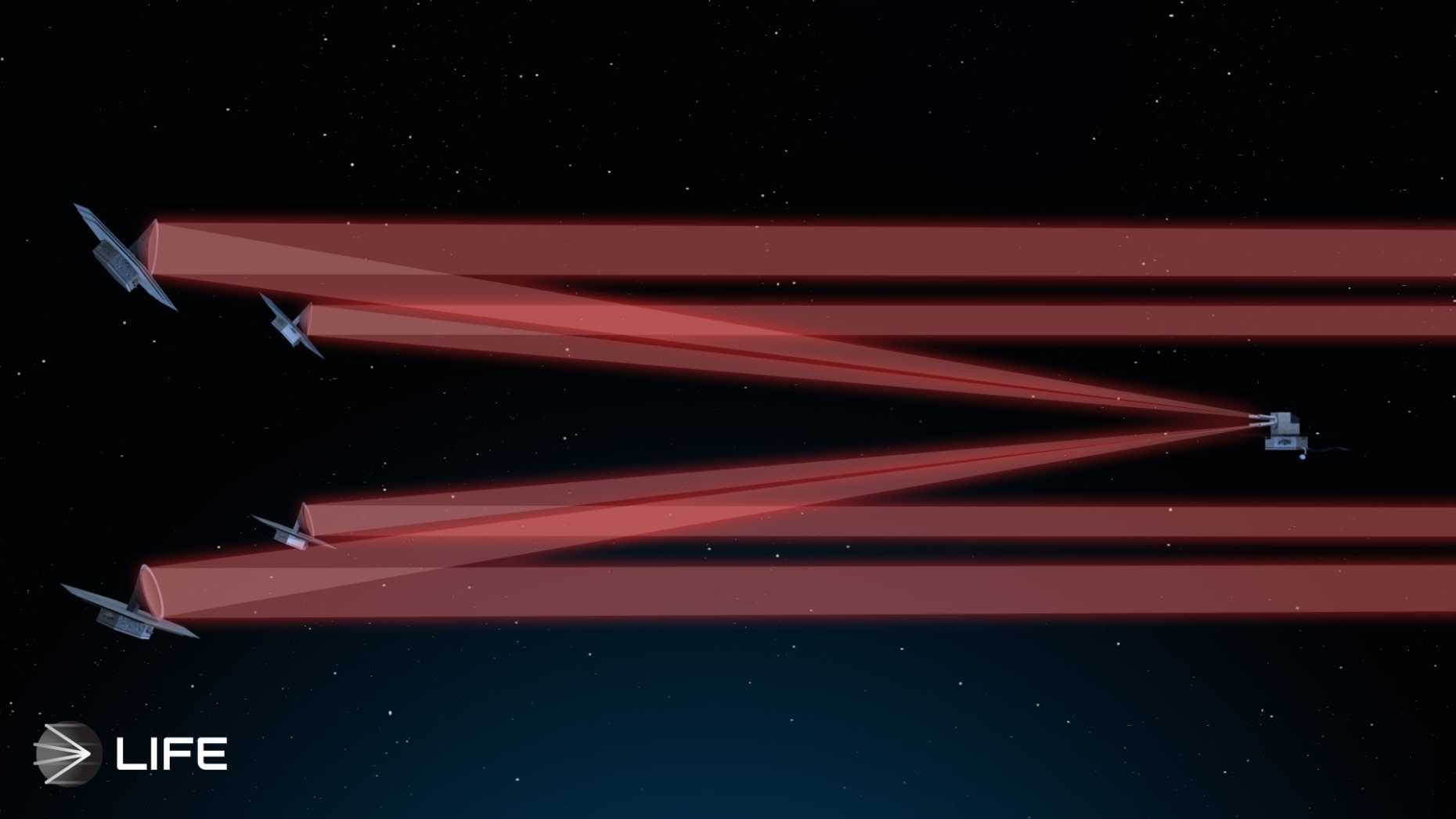
Researchers from the Institute for Particle Physics and Astrophysics at ETH Zurich and the Department of Astrophysics at the University of Zurich asked if the potential future LIFE space mission could detect evidence of a habitable and inhabited Earth – and the answer is affirmative.
Rediscovering quantum mechanics through teaching
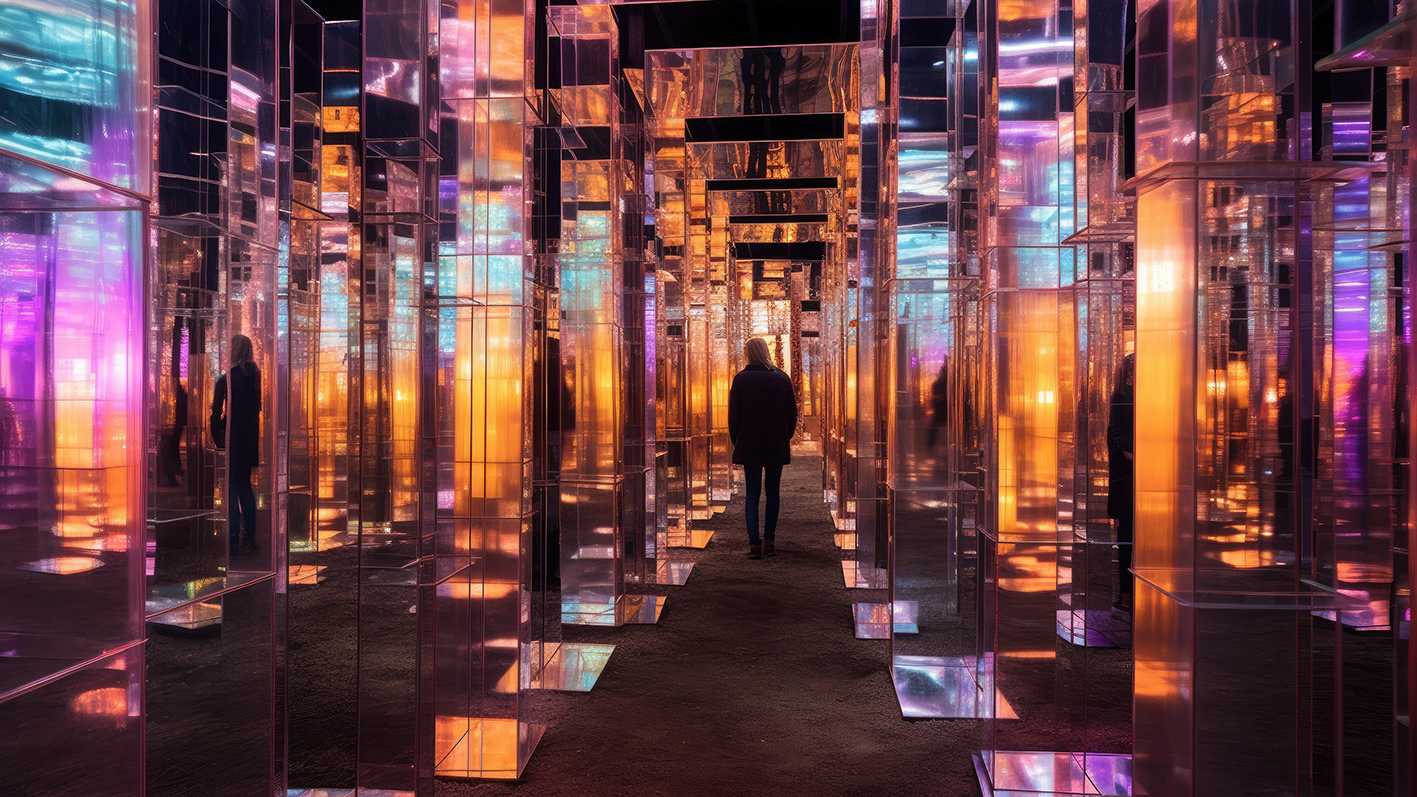
No two lecturers are likely to teach quantum mechanics in the same way, but many will agree that its richness and intrinsic peculiarities make for a wonderful playground for teaching experimentation.
New Master’s in Space Systems to be launched in September
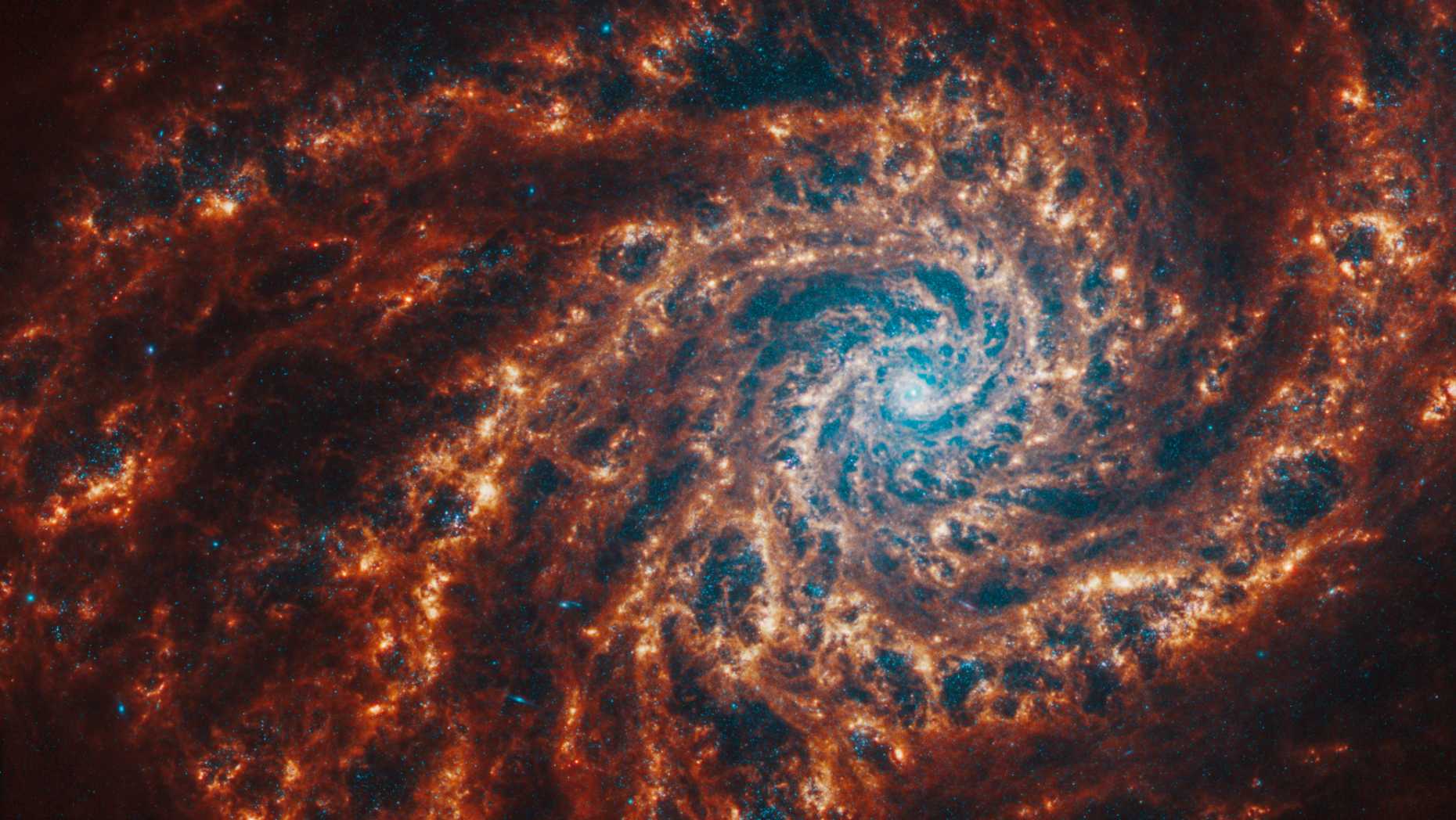
A new Master’s degree programme in Space Systems will be launched at ETH Zurich in autumn 2024. Interested parties can start applying in April.
Sound-powered sensors stand to save millions of batteries
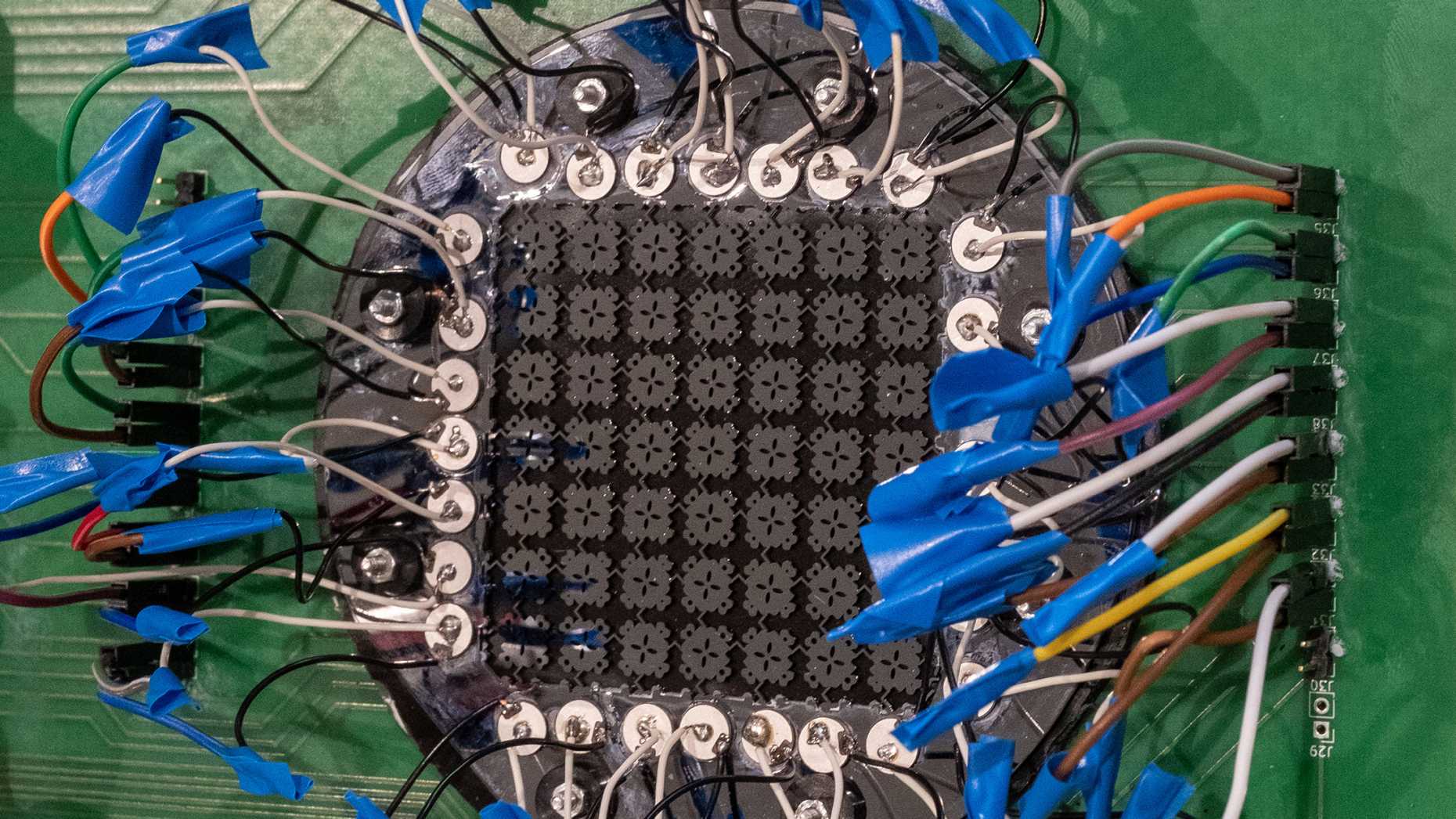
Researchers at ETH Zurich have developed a sensor that utilises energy from sound waves to control electronic devices. This could one day save millions of batteries.
PPLUS grows thanks to Innovedum Fund

Physics practicals allow undergraduate students to gain first-hand experience with conducting experiments in solid-state physics, quantum optics as well as nuclear and particle physics. PPLUS, a new project-based module, was launched in 2023 and offers an alternative to standard practicals. Thanks to recent support by the ETH Innovedum Fund, PPLUS will be growing further.
Long live the graphene valley state

Researchers in the Laboratory for Solid State Physics at ETH Zurich found evidence that bilayer graphene quantum dots may host a promising new type of quantum bit based on so-called valley states.
Quantum scars as a way out of thermalisation

Researchers studied how quantum many-body scars, states that resist thermalisation, could be probed experimentally in a variety of systems and thus harnessed for quantum information processing applications.
New year, new professors
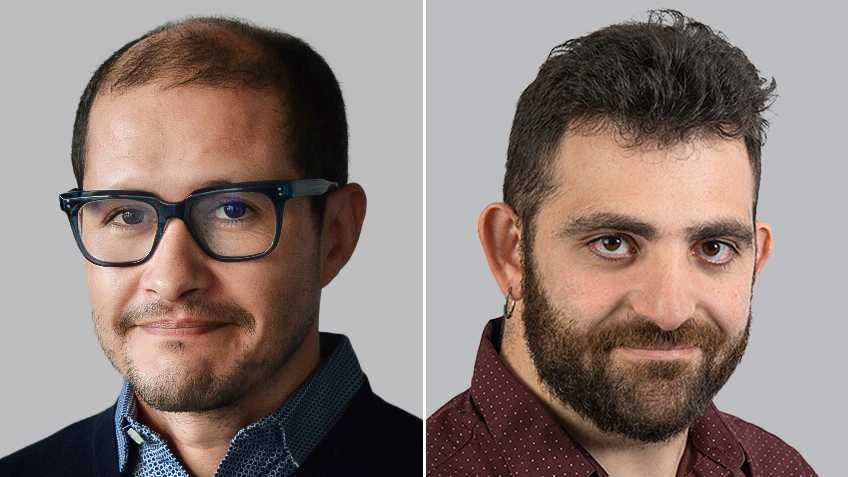
At the beginning of 2024, the Institute for Theoretical Physics will welcome Professors Juan Felipe Carrasquilla Álvarez and Nicolò Defenu.
Twelve professors appointed
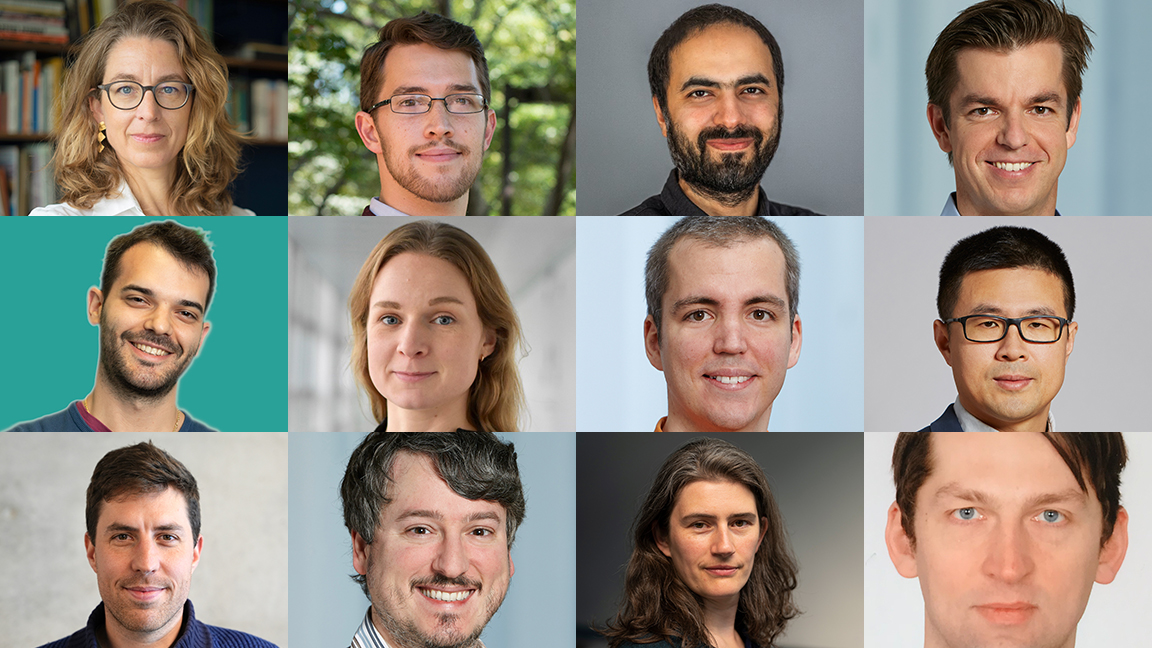
At its meeting of 6 and 7 December 2023 and upon application of Joël Mesot, President of ETH Zurich, the ETH Board appointed twelve professors and awarded the title "Professor of Practice" once.